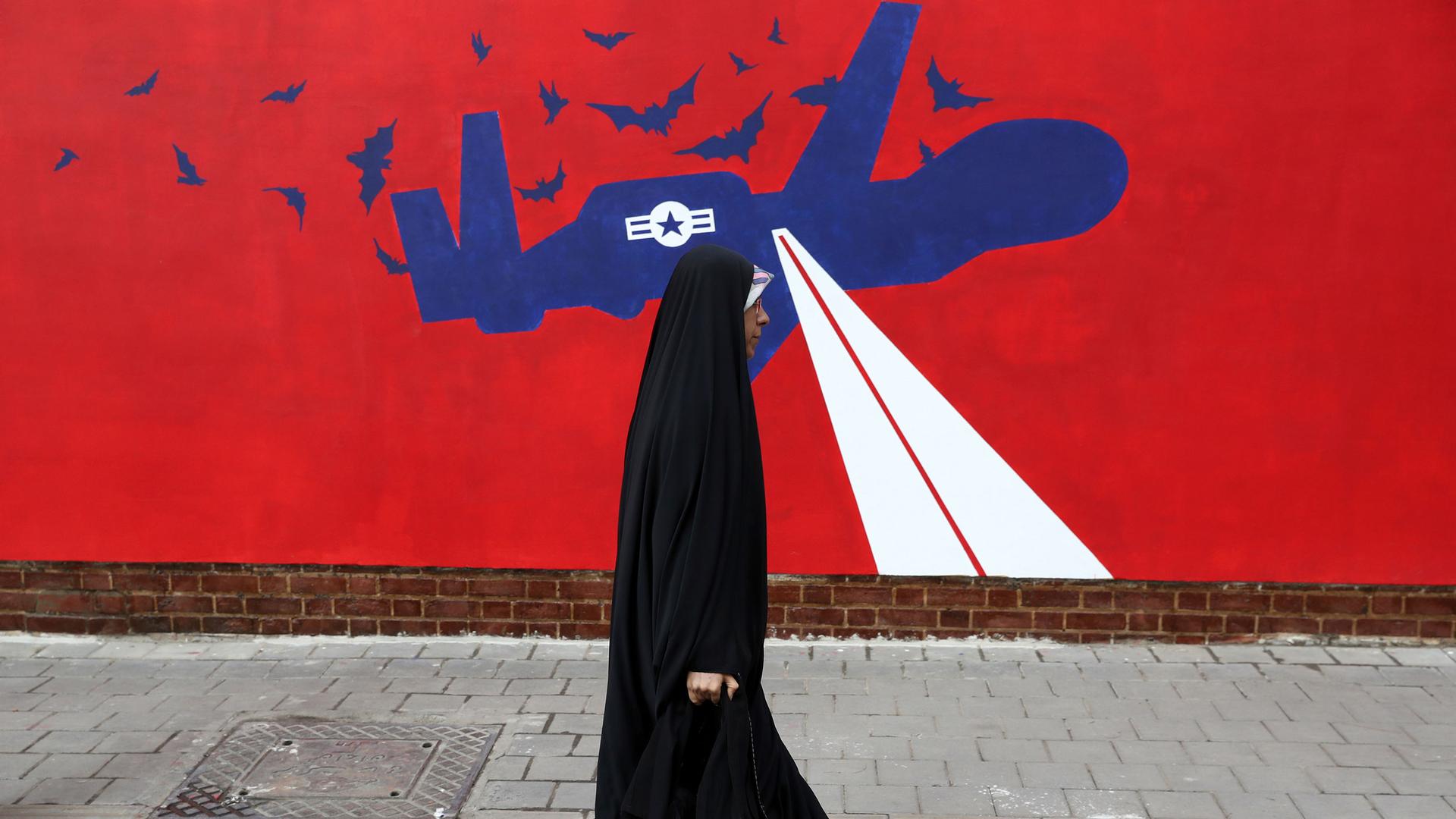This analysis was featured in Critical State, a weekly foreign policy newsletter from Inkstick Media. Subscribe here.
On June 20, 2019, the military of Iran shot down a US Navy-operated RQ-4 Global Hawk drone.
The incident had many of the ingredients to transform from a single shootdown into a broader war: The drone was high profile and expensive, and tensions between Iran and the US had escalated since President Donald Trump pulled the US out of the Obama administration negotiated Iran deal. Ultimately, however, it was the specific nature of the Global Hawk being a drone that kept its destruction from serving as the opening salvo of a broader war.
It is one thing to launch a war to avenge the death of a human. It is a much different problem to start a war to avenge the loss of some equipment.
But that’s not the end of the story. “Wargame of Drones: Remotely Piloted Aircraft and Crisis Escalation,” by Erik Lin-Greenberg and published in the Journal of Conflict Resolution, goes beyond intuition to offer a compelling look at why the destruction of drones is treated as less of an attack.
Related: Absurd lines: Part I
“Relative to the loss of an inhabited platform to hostile action, the loss of a drone should be less escalatory for two reasons,” Lin-Greenberg writes. “First, it is less likely to elicit an instrumental desire to degrade a rival’s military capabilities. Second, it is less likely to trigger emotions like anger that contribute to aggressive, risk-acceptant behavior.”
Real-life incidents of this style of deescalation exist. The Global Hawk is likely the highest profile, but in 2015, Turkey shot down a Russian drone and then, a month later, an inhabited Russian plane, providing a grim A-B test; the drone shootdown was met with no response, while Russia launched retaliatory airstrikes after the plane was shot down. But wars, or near-wars, are already messy and ethically fraught, making them poor testbeds for theory.
Related: Absurd lines: Part II
Wargames have no such limitation, and so Lin-Greenberg fielded games with national security professionals, randomly varying if in the game the aircraft show down had crew onboard or if it was just a drone. While much of prior scholarship focused on whether or not the loss of a drone would spark a new conflict, initiating a war, Lin-Greenberg’s research here emphasized what happens in an ongoing war if a drone is shot down.
In the scenario, teams were told that a reconnaissance plane had been shot down by Ketunia, a fictional country bordering the equally fictional land of Dakastan. Half of the participants were told that the target was an old MQ-1 Predator drone. The other half were told it was an MC-12 Liberty intelligence aircraft, complete with a four-member crew, killed in the scenario.
As expected, the officers and game players who were told that a drone was shot down shrugged it off, treating it not as the grounds for a bigger war while still elevating the alert of forces. For those told it was a crewed plane, plans pivoted immediately to harrowing machines to recover, if possible, the remains of the dead.
Concludes Lin-Greenberg, “The deliberations of actual national security practitioners immersed in realistic crisis scenarios reveals that escalatory retaliation can be avoided after drone losses primarily because decisionmakers see little need to degrade a rival’s ability to conduct future attacks and because the loss of a machine does not trigger strong emotional reactions that can elicit more risk-acceptant behavior.”
Critical State is your weekly fix of foreign policy analysis from the staff at Inkstick Media. Subscribe here.
